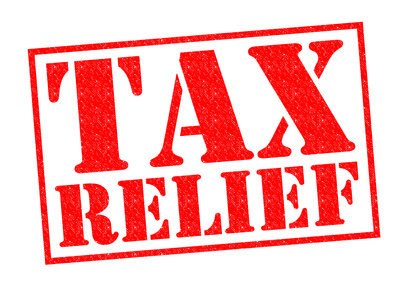
Many married taxpayers file a joint tax return to qualify for the tax benefits attached to it. When filing jointly, both spouses are equally liable for all taxes, interests, and penalties that arise from the joint return – even if the couple gets divorced or only one spouse earned all the income or claimed deductions. There can be, however, a case wherein one spouse is innocent of the other’s tax debts, which is why the IRS has innocent spouse tax relief in place to help the innocent spouse get relief from tax debts. Read on to learn more about innocent spouse tax relief and whether or not you qualify for it.
Who qualifies for innocent tax relief?
Under Innocent Spouse Tax relief, a spouse can file for tax relief from the tax liability of the other spouse, only if they fulfill the stipulated eligibility criteria. That said, married couples those who have jointly filed for tax return can apply for Innocent Spouse Relief, even if they had separated. If you are planning to file for the Innocent Tax Relief, you must meet the following criteria.
- You had jointly filed the tax return but the return had an understatement of tax because of one spouse’s intentional or unintentional error(s).
- When you filed or signed the joint return you were not aware of the understatement of the tax.
- All facts and circumstances prove you innocent.
How to request innocent spouse tax relief?
If you believe you fulfill one of the mentioned criteria for filing the Innocent Spouse Tax Relief, you should submit to IRS the Form 8857, or a written statement containing the same information as required in Form 8857, which is signed under penalties of perjury. For more information on filing innocent spouse tax relief, you can refer to publication 971. Once you file the request for relief from joint liabilities, the IRS would notify your spouse of your request and allow him or her to provide justifications regarding your claims.
Wrap Up
During the last few years, the IRS has relaxed many of the qualifying factors for the innocent spouse’s, such as adding a 2-year grace time for the Tax Relief (after the initiation of collection actions). Though the procedure for applying for the relief is now easier, the taxpayer must be aware of the qualifying criteria for a successful resolution. If you are planning to file for the Innocent Spouse Tax Relief, feel free to get in touch with The Law Offices of Nick Nemeth. We can help determine your eligibility for the relief and they way forward, if you do. You can reach us at (972) 426-2553, or fill out our contact form and we will get back with you.











